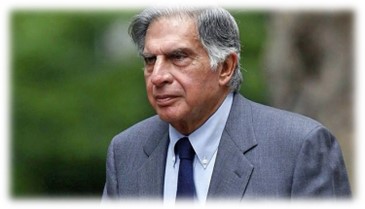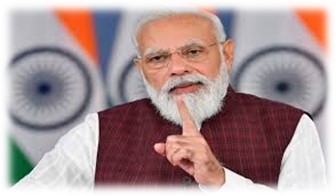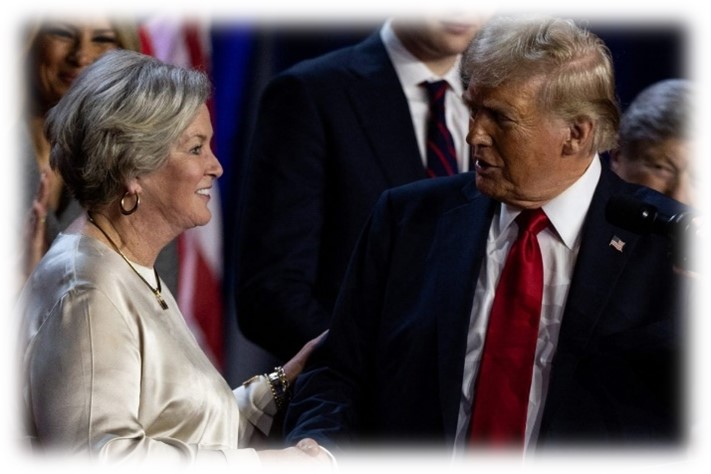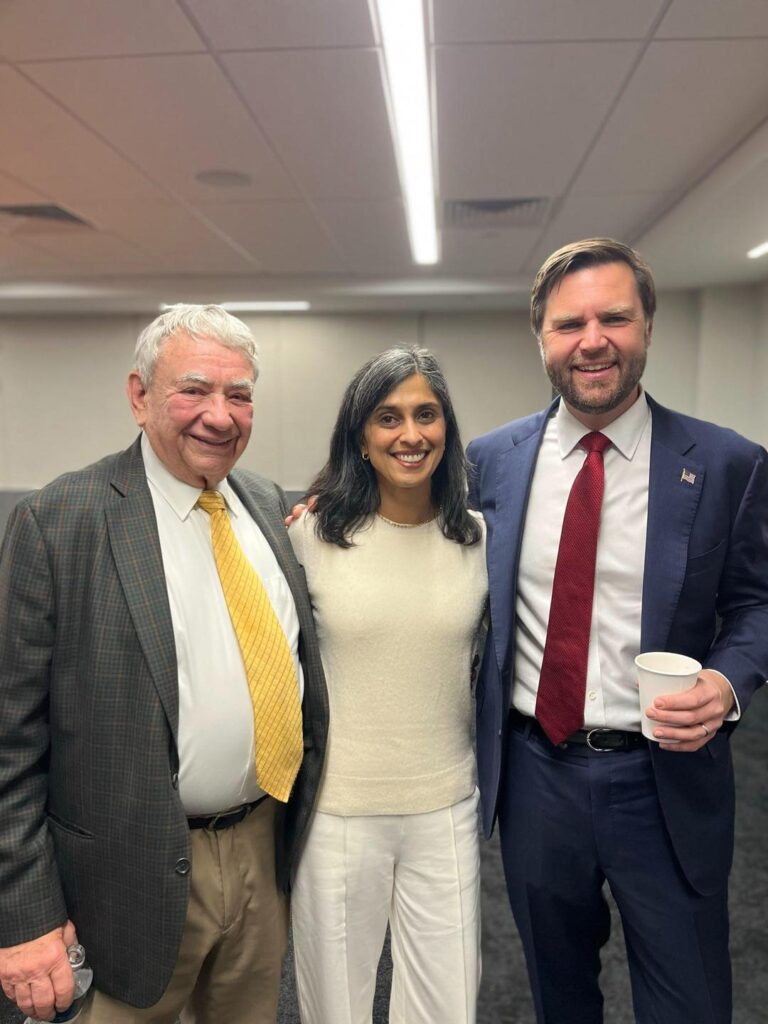
Ratan Tata News, former Tata Group chairman, died at 86 on October 9.
The industrialist was brought to the Breach Candy hospital in Mumbai. “It is with a profound sense of loss that we bid farewell to Mr. Ratan Naval Tata, a truly uncommon leader whose immeasurable contributions have shaped not only the Tata Group but also the very fabric of our nation,” said N Chandrasekaran, Chairman, Tata Sons. In this official statement he confirmed the demise of the industrialist.

Ratan Tata is a well-known business tycoon, philanthropist, and inspirational person whose success story serves as motivation for generations.
Also Read – Tata Group’s Strategic Move: The Air India-Vistara Merger 2024
Established in 1868, the Tata Group is a reputable international business in India. With its main office located in Mumbai, it works in a number of industries, including steel, telecommunications, information technology, and automobiles. From 1990 to 2012, Mr. Ratan Tata served as the chairman of the Tata Group. From October 2016 to February 2017, he served as interim chairman. Since the start of his career, Mr. Ratan Tata has been a visionary, and generations throughout the world have been inspired by his extraordinary abilities.
Stay with the latest Ratan Tata news, featuring his unbreaking innovation and inspiring contributions to planate .

“Apart from values and ethics which I have tried to live by, the legacy I would like to leave behind is a very simple one – that I have always stood up for what I consider to be the right thing, and I have tried to be as fair and equitable as I could be.” – Mr. Ratan Tata
Ratan Tata was born in Mumbai in to a Parsi Zoroastrian family on 28th December 1937. Mr. Ratan Naval Tata is the son of Naval Tata who was adopted by Ratanji Tata’s son of Jamshed ji Tata, the founder of the Tata Group. he completed his BSc degree in architecture with structural engineering from Cornell University in 1962 and the Advanced Management Program from Harvard Business School in 1975. In 1961 he worked on the shop floor of Tata Steel. He later succeeded as chairman of Tata Sons in the year 1991.
Tata spent most of his childhood in India, under the care of his maternal grandmother after his parents’ divorce.
Also Read – Trump 2.0: Navigating the White House Landscape
Journey in Tata Group
The journey begins when Mr. JRD Tata Chairman of Tata Sons stepped down and Mr. Ratan Tata took over as his successor in the year 1991.
Under him the group exited business such as cement, textiles and cosmetics and it increased its focus on other such as software and also entered telecom business, finance and retail. During all these Mr. JRD Tata guided Ratan Tata as a mentor even though there were criticisms.

View Ratan Tata news to discover his recent activity, philanthropic efforts, and inspiring achievements.
Achievements
He took over the leadership of the Tata group and guided it to become a multinational conglomerate with 65% of its sales coming from overseas. He led the group to a 50-fold increase in profits and a 40-fold gain in revenues. The Tata group, led by Ratan Tata, undertook a number of strategic purchases with the goal of expanding the company internationally.
The acquisition of the truck manufacturing division of Daewoo Motors, a South Korean company, for $102 million, the acquisition of the London-based Tetley Tea for $431.3 million, and the $11.3 billion takeover of the Anglo-Dutch corporation Corus Group are some examples. These purchases benefited the Tata Company, such as Tetley by Tata Tea, Jaguar Land Rover by Tata Motors, and Corus by Tata Steel.
According to Gopalakrishnan “Tata has shown that there is no other way he will do business other than do it ethically”.
TATA Nano
The TATA Nano Car, an inexpensive car made to appeal to middle-class and lower-middle-class buyers globally, was unveiled by Ratan Tata in 2015. With five seats and a starting price of $2000, the TATA Nano gained popularity as the “people’s car” because of its accessibility and practicality.

Ratan Tata news updates about his latest projects and his unbelievable commitment to making a difference person.
Different contributions of Ratan Tata
- Ratan Tata fulfilled his father’s dream by establishing the Sir Dorabji Tata Trust. Ratan Tata donated between 60 and 65 percent of company income to charitable causes.
- Ratan Tata has worked for companies in India and outside in a variety of capacities. He is a member of the boards of numerous organizations and businesses, such as the East-West Centre, Mondelez International, and Alcoa Inc. In addition, he serves on the Dean’s Advisory Board at Harvard Business School, Cornell University, and the University of Southern California Board of Trustees. He serves on the board of directors of Bocconi University’s International Advisory Board. Since 2006, he has served on the Harvard Business School’s India Advisory Board (IAB).
- He joined the Carnegie Endowment for International Peace’s board of directors in 2013. Ratan joined the venture capital firm The Kalaari Capital in February 2015 as an advisor.

Contributions to Education
TATA Trusts has been tackling the issues facing the education sector, concentrating on giving children from underprivileged backgrounds access to high-quality education. By using technology, problem-solving techniques, critical thinking, and collaborative learning, they hope to deliver top-notch educational experiences. The Sustainable Development Goals (SDGs) of the UN are in line with TATA Trusts’ educational initiatives.
- Quality Education (SDG -4)
- Gender Equality (SDG – 5)
- Decent Work and Economic Work (SDG -8)
- Industry, Innovation, and Infrastructure (SDG – 9)
- Reduced Inequality (SDG – 10)
- Partnerships to achieve the SDG (SDG -17).
In India and outside, the TATA Trusts, led by Ratan Tata, have founded and funded a number of prestigious educational institutions. Among them are:
- Tata Centre for Technology and Design at the Indian Institute of Technology Bombay (IIT-B), Tata Centre for Technology and Design at the Massachusetts Institute of Technology (MIT) and the University of Chicago
- Tata Centre for Genetics and Society at the University of California San Diego, Harvard University South Asia Institute,
- Indian Institute of Science (IISc) – Bengaluru,
- Tata Institute of Social Sciences (TISS) – Mumbai, Tata Memorial Centre – Mumbai,
- Tata Institute of Fundamental Research (TIFR) – Mumbai
- National Institute of Advanced Studies (NIAS) – Bengaluru.
- The Tata Education and Development Trust established a $28 million Tata Fundraising Campaign in association with Cornell University to provide financial assistance to Indian undergraduates who cannot afford educational expenses.
Contributions to the Medical field
In India, Ratan Tata has made a substantial contribution to the advancement of primary healthcare. Initiatives that address mental health, maternity and child health, and the identification and treatment of illnesses including cancer, malaria, and tuberculosis have all received his support.
- In addition, he provided a grant of ₹750 million Indian rupees to the Indian Institute of Science’s Centre of Neuroscience for Alzheimer’s disease research. Ratan Tata has strived to guarantee adequate maternal care, nutrition, water, sanitation, and infrastructure assistance by collaborating closely with governments, non-governmental organizations, and implementation partners.
- Contributions to Agricultural and Rural Development.
- The Tata group’s Transforming Rural India Initiative (TRI) works with governments, non-governmental organizations, civil society organizations, and donors to improve areas of extreme poverty.
Sir Ratan Tata Trust
- Established in 1919 by Ratan Tata, the trust works towards the well-being of the underprivileged in various sectors. The trust provides two types of grants:
- Institutional grants: These include endowment grants, program grants, and small grants.
- Emergency Grants: These grants are provided during times of urgency or crisis.
- In addition to heading the Sir Ratan Tata Trust, Ratan Tata also heads the Sir Dorabji Tata and Allied Trusts and owns a 66% stake in Tata Sons.
Honours
The second-highest civilian honour in India, the Padma Vibhushan, and the third-highest civilian honour, the Padma Bhushan, have been given to Ratan Tata. He has also been awarded honorary doctorates by a number of esteemed universities, including IIT Bombay, IIT Madras, Ohio State University, Cambridge University, the London School of Economics, and IIT Kharagpur.
The difficulties faced by Ratan Tata
In 1977, Tata was forced to terminate an assignment to support the Empress Mill, a losing business, as the core management had not approved 50 lakh rupees in funding.
He was depressed since the unit, which had the potential to be revolutionary, was regrettably shut down. When JRD Tata announced him as the next successor of the Tata Group of Industries in 1981, he was met with a number of public objections. The general public, as well as the employees, investors, and owners of the Tata Group, thought he was inexperienced in managing the entire responsibility of such a large conglomerate. In 1998, he made the decision to enter the automobile industry and introduced his first vehicle.
Millions of people are inspired by Ratan Tata’s life story. He taught that managing a business involves more than just making money. It is all about taking responsibilities.






2 thoughts on “Ratan Tata News: Latest Updates, Insights & Achievements”